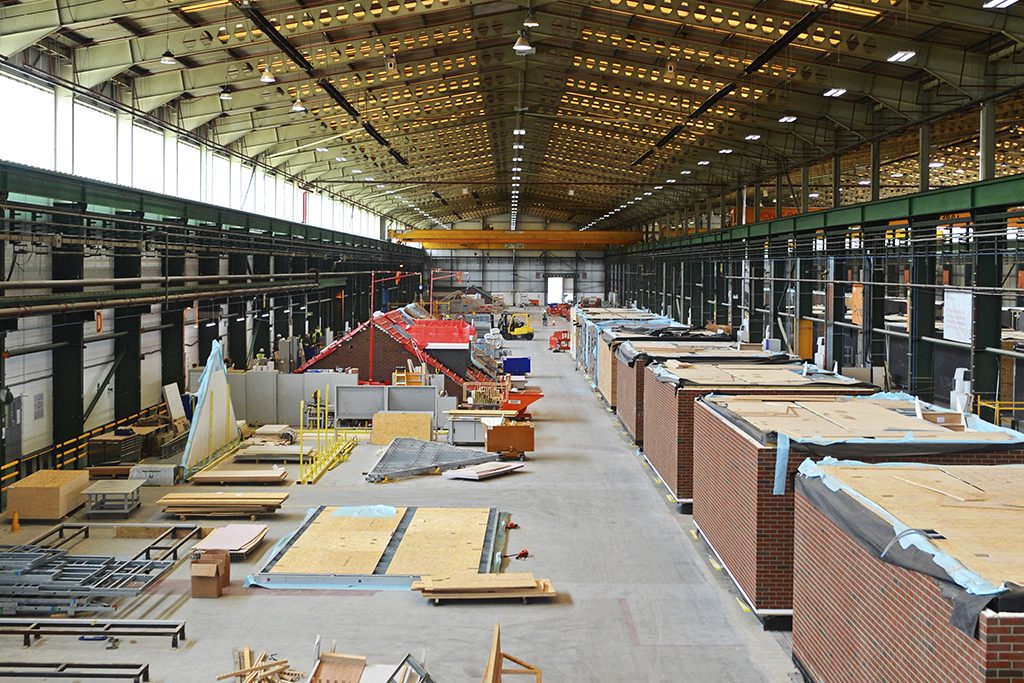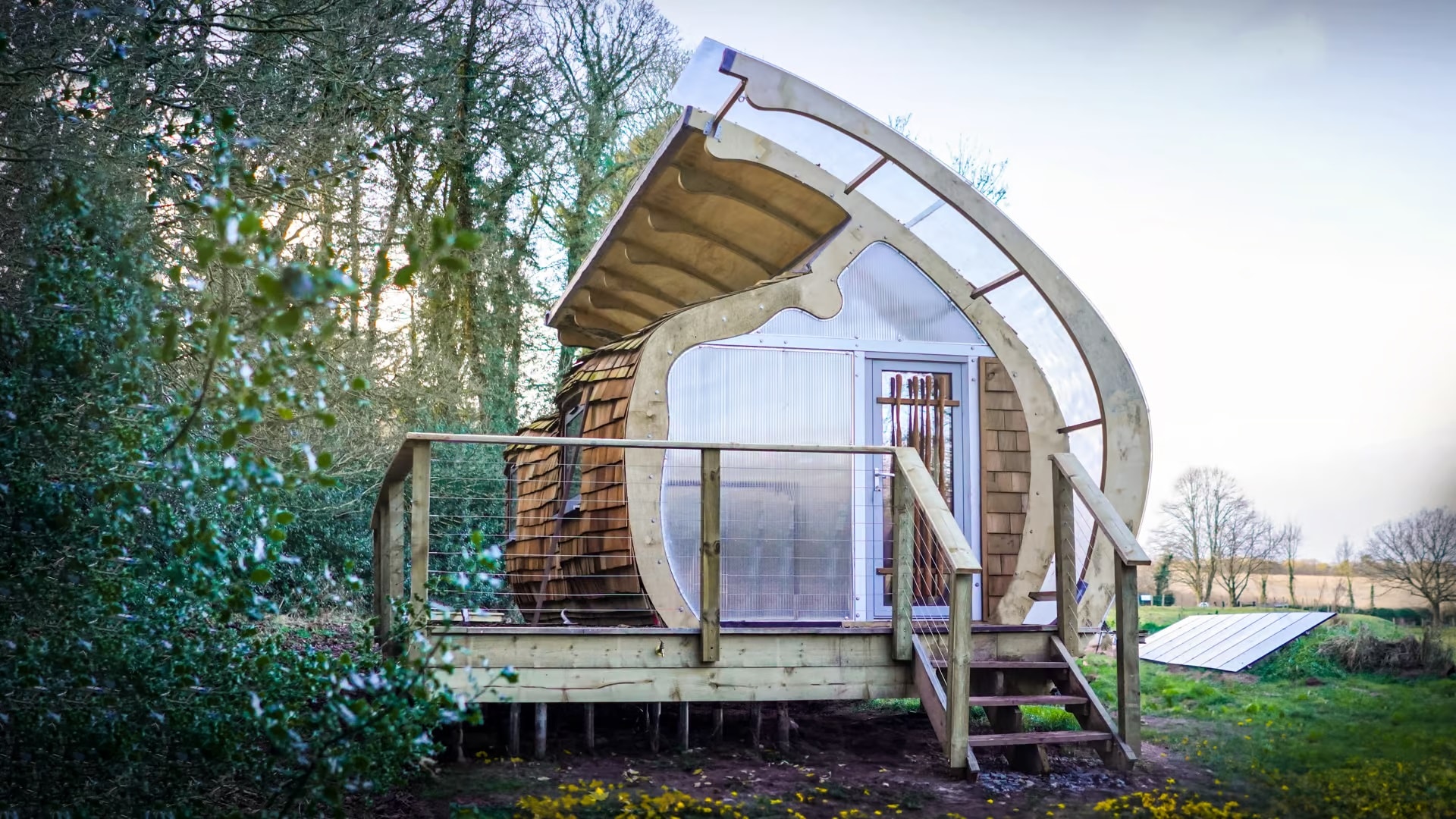By Gary Fleisher
The modular and offsite construction industry has been on the rise, promising faster project timelines, cost-efficiency, and sustainable building practices. However, the failures of some prominent companies in this sector have illuminated crucial lessons for the entire construction industry.

photo – ILKE Homes
There are lessons to be learned from the experiences of companies like L&G Modular, Ilke Modular, and Kattera, shedding light on their challenges and recommendations for the future.
Adequate Planning and Design
One of the fundamental lessons learned from the failures of modular and offsite construction giants is the importance of thorough planning and design. Rushing into construction without careful consideration can lead to costly mistakes down the road. To address this, it is crucial for companies to invest significant time and resources in comprehensive planning and design phases. These initial steps help identify potential issues and optimize the modular construction process, ultimately ensuring smoother project execution.
Quality Control
Insufficient quality control has been a recurring issue in the modular construction industry. When quality is compromised, it can result in subpar modular components, leading to delays and additional costs for rectification. To mitigate this challenge, companies should implement stringent quality control measures at every stage of manufacturing and assembly. Consistency and reliability should be the cornerstones of modular construction projects, ensuring that the end product meets the desired standards.

Supply Chain Management
Effective supply chain management is vital for any construction project’s success, and overreliance on a single supplier or inadequate supply chain management can disrupt construction schedules significantly. Diversifying suppliers, maintaining strong relationships, and having contingency plans in place for potential disruptions are essential steps that companies must take to ensure project continuity.
Skilled Workforce
The modular construction industry heavily relies on skilled workers, and the shortage of such workers or inadequate training can hinder successful project implementation. Investing in workforce development, training, and education is essential to ensure that employees have the necessary skills and expertise for modular construction. Building a competent and well-trained workforce is crucial for the long-term success of any modular construction company.
Regulatory Compliance
Failure to adhere to local building codes and regulations can lead to project delays and costly retrofits. Staying up-to-date with these regulations and ensuring that modular designs and components meet all necessary standards is non-negotiable. Rigorous adherence to regulatory requirements not only ensures project compliance but also safeguards a company’s reputation.

Risk Management
Ignoring or underestimating project risks can have severe financial and reputational consequences. Developing a comprehensive risk management strategy that identifies, assesses, and mitigates potential risks associated with modular construction is imperative. Proactive risk management can significantly reduce the impact of unforeseen challenges.
Communication and Collaboration
Effective communication and collaboration among project stakeholders are essential for project success. Poor communication can lead to misunderstandings and delays. Companies must foster open and transparent communication between architects, engineers, manufacturers, contractors, and clients throughout the project’s lifecycle. Collaboration is key to addressing complex challenges effectively.
Scalability
Companies should be cautious when expanding their operations. Scaling too rapidly without the necessary infrastructure and resources can lead to operational inefficiencies and financial strain. Gradual and well-planned growth ensures that a company can handle increased demand while maintaining the desired levels of quality and efficiency.
Financial Management
Mismanagement of finances, including budget overruns and excessive debt, can lead to insolvency. Sound financial practices, such as accurate budgeting, cost monitoring, and debt management, are essential to maintaining financial stability. Companies must exercise fiscal responsibility to secure their financial health.

Learning from Failures
Perhaps the most important lesson of all is the recognition that failure can be a valuable source of knowledge and improvement. Companies should not shy away from acknowledging their mistakes. Instead, they should analyze their failures objectively and take proactive steps to learn from them, adjust their strategies, and avoid repeating past mistakes.
The failures of major modular and offsite construction companies have illuminated critical aspects that can make or break a project or a company. These lessons emphasize the importance of careful planning, quality control, supply chain management, workforce development, regulatory compliance, risk management, communication, scalability, and financial stability in the modular construction industry. By learning from these experiences and implementing best practices, companies can enhance their chances of success in this evolving sector.
Learning from failures is not a sign of weakness but a testament to a company’s resilience and commitment to continuous improvement.
.



